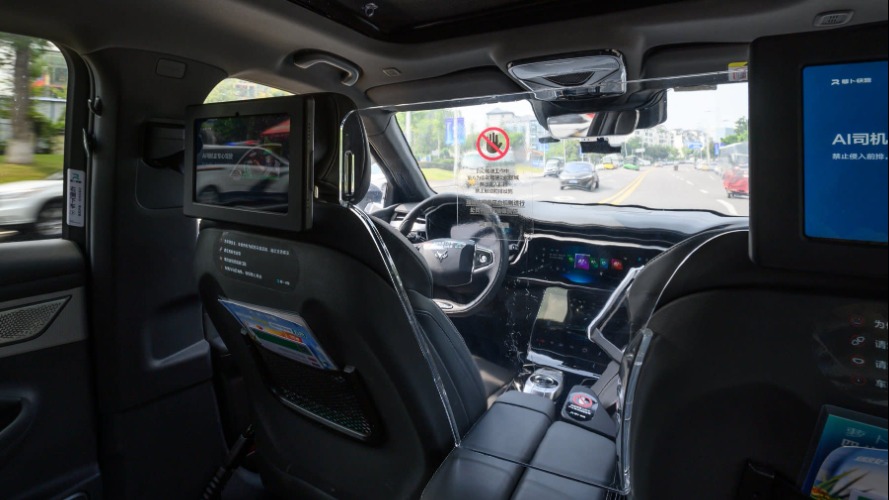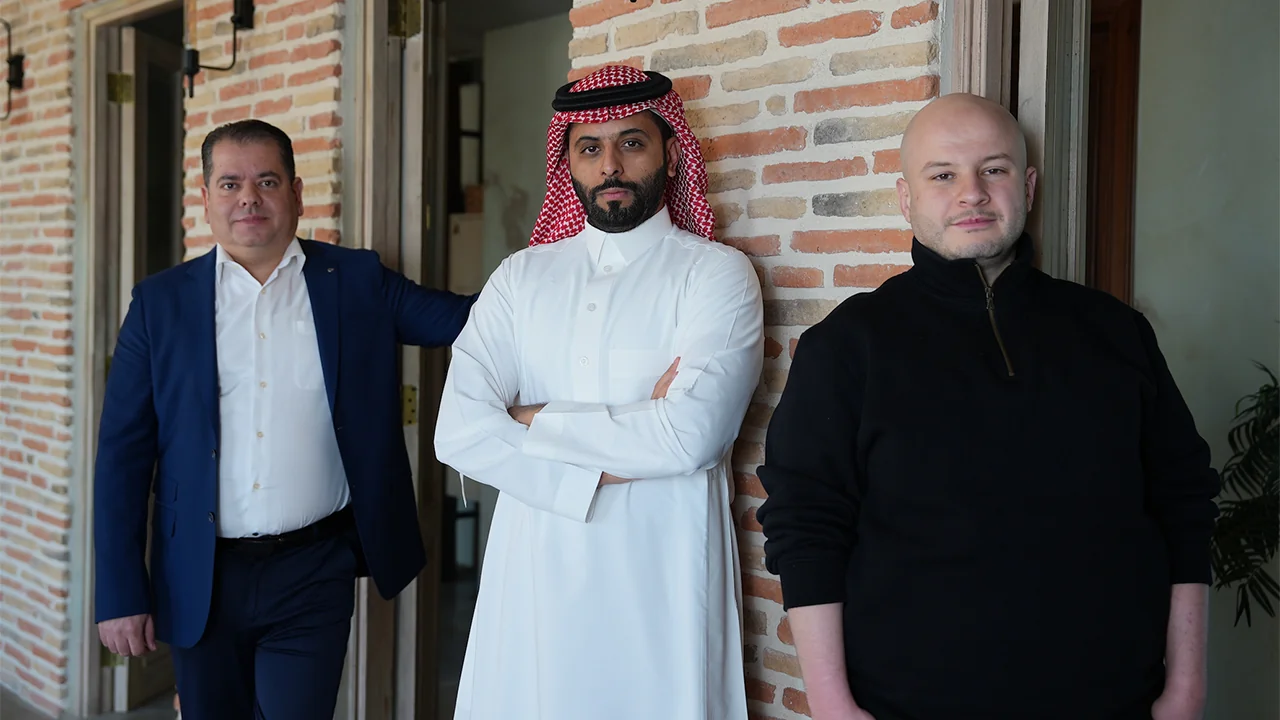Pony.ai and Baidu are racing to deploy 1,000 robotaxis across Dubai, Qatar, and Saudi Arabia by 2027–2028. With Uber partnerships, RTA permits, and mega-projects like NEOM, the Gulf is becoming the proving ground for global driverless mobility.
Dubai is accelerating its push to become a global hub for autonomous mobility, and two Chinese giants are lining up to make it happen. Pony.ai and Baidu’s Apollo Go are preparing to launch large-scale robotaxi services across the Gulf, each pledging to deploy close to 1,000 vehicles in the region by 2027–2028.
For both companies, the Middle East offers more than just a new market. It’s a proving ground for scaling outside China, where autonomous driving has already moved from pilot to daily reality in cities like Guangzhou, Wuhan, and Beijing. In Dubai, the government is equally ambitious: the Roads & Transport Authority (RTA) has set a target for 25% of all trips to be autonomous by 2030, part of a sweeping Smart Dubai initiative.
Pony.ai is betting heavily on this shift. Earlier this year, the company secured an RTA permit to test Level 4 autonomous vehicles in Dubai, with passenger trials expected to begin later in 2025 (WSJ). Its leadership has laid out an ambitious target: 1,000 robotaxis operating across the Middle East by 2028, with Doha and Dubai as early launchpads. Pony has already signed a deal with Qatar’s state-owned operator Mowasalat (Karwa) and is preparing to integrate its cars into Uber’s ride-hailing app, making robotaxi rides as easy to book as a standard car. To scale, Pony has also begun mass production of its seventh-generation robotaxi platform, designed to withstand desert heat and dust storms.
Baidu is moving just as quickly. Its Apollo Go division has already deployed a fleet of 50 autonomous cars in Dubai, currently with human safety drivers onboard, and has announced plans to roll out fully driverless rides by Q1 2026 (WSJ). By late 2027, Baidu says it will reach 1,000 robotaxis in Dubai alone. The company is leaning on its Chinese playbook: Apollo Go has already provided more than 6 million rides in China and claims to be operating profitably in Wuhan. Like Pony, Baidu has also teamed up with Uber (Reuters) to bring Apollo Go services to global riders.
The Gulf is a natural fit for this race. In Qatar, post-World Cup investments in mobility have created fertile ground for pilots. In Saudi Arabia, mobility is central to Vision 2030, with mega-projects like NEOM promising car-free districts and next-gen transport systems. Ride-hailing already dominates urban life: Uber and Careem handled more than 400 million rides in Saudi Arabia in 2023, while in the UAE over 60% of residents regularly rely on taxis or apps, according to transport authority data. For robotaxi operators, that means a tech-savvy, ride-hail–dependent population that may be quicker to try autonomous rides than markets in Europe or the U.S.
Still, the challenges are real. The Gulf’s climate — with summer highs above 45°C and frequent dust storms — will test sensors and batteries in ways that Chinese cities do not. Liability, insurance, and data-sharing frameworks remain unfinished. And public trust is the biggest unknown: convincing a commuter in Dubai Marina, Doha’s West Bay, or Riyadh’s King Abdullah Financial District to step into a driverless car is a cultural as much as a technical challenge.
Yet the momentum is undeniable. With both Pony and Baidu targeting similar timelines, scale, and even distribution channels, the Gulf may soon become the first region outside China where driverless taxis operate as a mainstream service. For Dubai and its neighbors, this isn’t just about flashy technology. It’s about reimagining urban mobility at scale — and positioning the Middle East as the global testbed for the next transport revolution.






